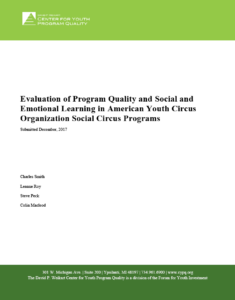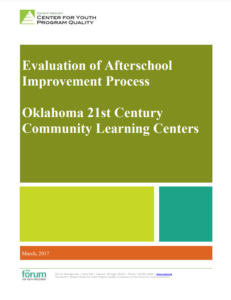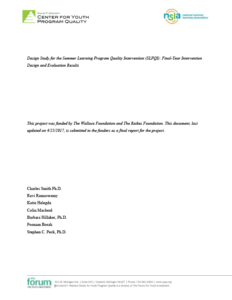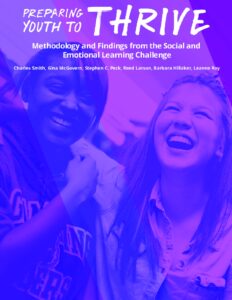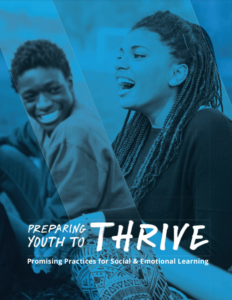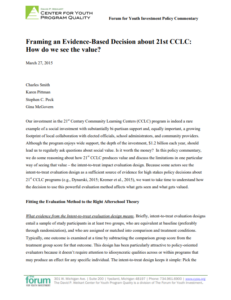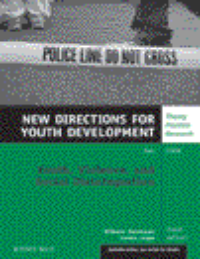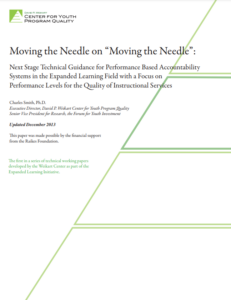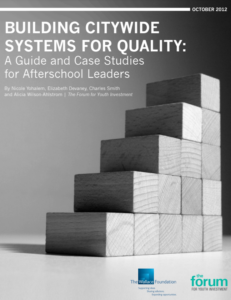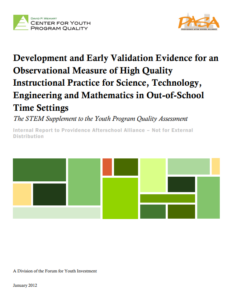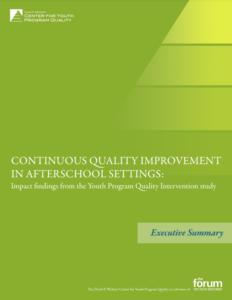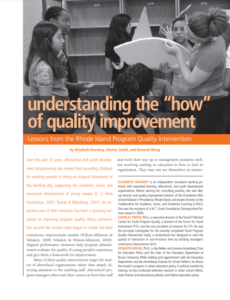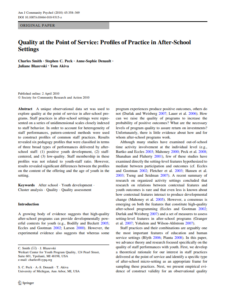FEATURED PUBLICATION
The Multilevel Person in Context ~ neuroperson (MPCn) Model
Guidance for Quality Improvement Systems (QIS) Focused on Socio-Emotional Skill Growth and Transfer Outcomes
In this working paper, QTurn introduces a model for thinking about the development of SEL skills in youth programs. We outline how SEL skills are embedded within the wider context of policy decisions, family background, and program quality. The MPCn model also elucidates how SEL skills are related to short-term youth outcomes and long-term youth achievements, such as graduation and employment.

All Publications
This quality-outcomes study was designed to both (a) describe performance in Seattle Public Schools (SPS) summer learning programs in ways that are useful to staff and (b) provide evaluative evidence (i.e., validity) for an instructional model that includes challenging academic content and responsive instructional practices.
This report exemplifies use of the suite of SEL measures and benchmarks in the American Youth Circus Organizations network.
This paper describes validity of QIS performance measures and longitudinal change over four years in Oklahoma 21st CCLC programs.
This paper describes implementation and outcomes for QIS in school-based summer learning programs in multiple cities.
This technical report describes methodology and findings for (1) best-practice SEL standards, (2) validation of a suite of SEL performance measures for use in QIS, and (3) performance benchmarks for out-of-school time programs focused on building SEL skills with vulnerable children/youth.
The guidebook describes SEL standards and organizational and curriculum features for a set of eight exemplary SEL programs.
In this policy commentary, we do some reasoning about how 21st CCLC produces value and discuss the limitations in one particular way of seeing that value – the intent-to-treat impact evaluation design.
This research article discusses efforts to define and improve the quality of afterschool services, highlighting areas of agreement and identifying leading-edge issues. We conclude that the afterschool field is especially well positioned to deliver high-quality services and demonstrate effectiveness at scale because a strong foundation has been built for continuous improvement of service quality.
This paper introduces the nomenclature of performance-based accountability systems (PBAS) to the expanded learning field, provides a policy case study for a countywide system in southern Florida and uses data from that system to explore the issue of quality thresholds. We present an expanded design standard to guide development and improvement of PBAS policies and further develop a theory of lower-stakes accountability to guide effective use of incentives of various types. Findings suggest that (1) the PBAS framework defines critical concepts and improves our ability to describe existing quality improvement systems, (2) the Youth Program Quality Assessment (Youth PQA) can be used to produce a program rating of sufficient reliability for use in a PBAS, and (3) that the Palm Beach County PBAS design is an exemplar for expanded learning policies.
This paper uses pattern-centered methods to increase the usefulness of information available from survey-based skill measures, with a focus on using survey-based skills measures to detect skill change over time.
This guide offers case studies that explain how cities and intermediaries can work with afterschool providers across a neighborhood, city, or region to build quality into the programs that are part of an afterschool system.
This report describes the process of development of the STEM supplement to the Youth Program Quality Assessment and preliminary reliability and validity evidence based on data collected during The Afterzone Summer Scholars program sponsored by the Providence After School Alliance (PASA).
The David P. Weikart Center for Youth Program Quality conducted a three year intervention study to examine the Youth Program Quality Intervention (YPQI). The YPQI is a data-driven continuous improvement model for school and community-based sites serving youth during afterschool hours.
Case study of scaled QIS implementation in Rhode Island with focus on manager skills and implementation at the organization level.
This paper uses pattern centered methods to identify three different quality profiles (high, medium, and low) that characterize staff instruction in out-of-school time programs.



